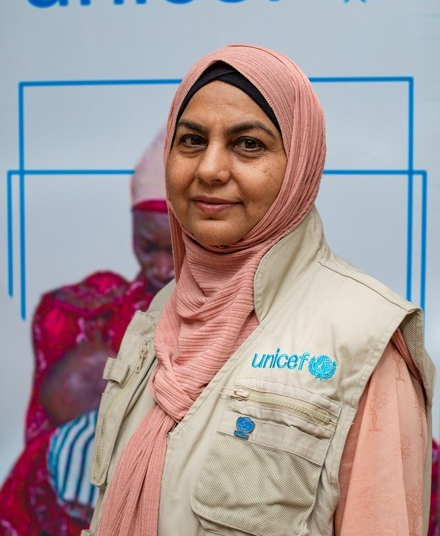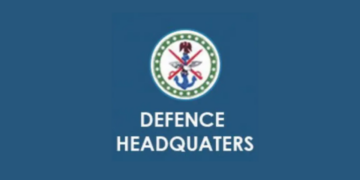Over 2.3 million children in Nigeria have not received polio routine immunization, thereby putting them at the risk of the disease, the United Nations Children’s Fund (UNICEF) has said.
The UN agency added that out of the national figure, 22,000 children in Bauchi State were at risk in Bauchi State.
UNICEF said the outbreaks of circulating vaccine-derived poliovirus (cVDPV) continues to persist with 4 out of 73 national polio cases documented in Bauchi State in 2024.
The Chief of UNICEF Bauchi Field Office, Dr. Nuzhat Rafique stated this during an awareness road walk in Bauchi on Thursday as part of commemoration of 2024 World Polio Day.
UNICEF expressed concern on the devastating impact of polio on children’s lives and well-being.
“Child deaths and physical disabilities that polio causes can be banished from Bauchi, Nigeria, and the world, if we continue our commitment to stopping polio outbreaks. To fully eliminate polio, every child in every household must receive the vaccine.
“Unfortunately, thousands of children are still missing out. The global decline in childhood immunisation coverage has led to rising outbreaks, even in countries that have been polio-free for decades,” Nuzhat Rafique said.
According to her, UNICEF has supported Bauchi state in its Polio Eradication Initiatives and Immunization Plus Days (IPDs) campaigns for over two decades, saying that in 2024 alone, UNICEF have supported 3 Statewide Polio Outbreak Response (OBR) campaigns and 2 targeted local OBRs in 4 LGAs with funding for vaccine logistics, social mobilisation and technical assistance.
“It is heartwarming to note that Bauchi has been free of wild polio virus since the last case in 2013. However, we are still contending with the variant form of the virus.
“The continued spread of polio serves as a crucial reminder that until we eradicate all forms of this disease, children everywhere remain at risk. We face significant challenges in this fight, but UNICEF is dedicated to working with governments and partners to protect children from polio,” Rafique said.
She further stated that, “Through Social and Behavior Change (SBC) strategies, we are leading initiatives to increase acceptance and demand for the polio vaccine among parents and caregivers. This is the essential first step toward achieving and sustaining high vaccination coverage.”
The UN agency said the battle against polio is particularly difficult in the most challenging environments, yet eradication is attainable.
Nuzhat added that UNICEF delivers over 1 billion doses of polio vaccines each year, the largest portion of global vaccine deliveries.
UNICEF also called on governments at all levels to prioritise vaccination for all children against polio, especially in hard-to-reach areas and communities with low immunisation rates to strengthen immunisation systems to ensure that every child receives essential, life-saving vaccines.
“We call to allocate critical technical and financial resources to local efforts to swiftly address outbreaks and guarantee that children are vaccinated.
“We want to keep polio eradication on the front burner of political discourse while leveraging innovative solutions and coordinated actions to enhance the quality of immunization campaigns,” Rafique said.
She urged the Bauchi Emirate Council to support the mobilisation of parents and caregivers to avail their children for vaccinations and to support the resolution of non-compliance during and after campaigns.




